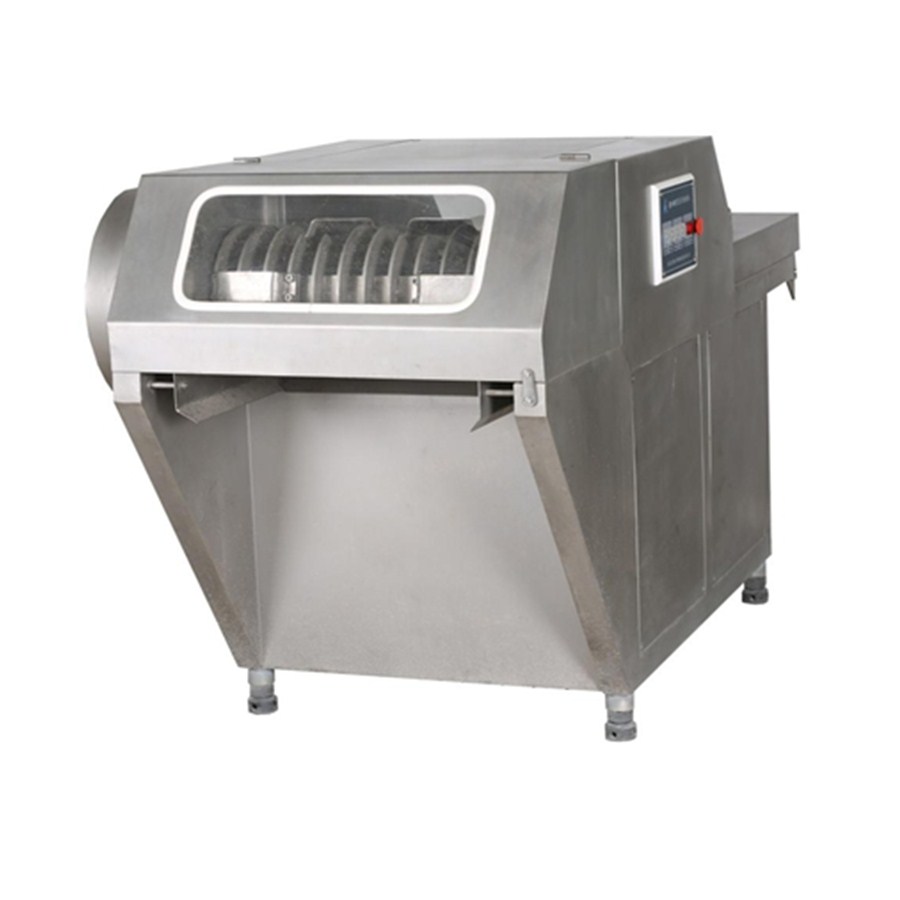
Abe . 25, 2024 12:48 Back to list
Meat Production Equipment Pricing Overview and Options for Your Business Needs
Understanding the Meat Production Machine Pricelist A Comprehensive Overview
In the ever-evolving food processing industry, the demand for efficient meat production machinery has seen a significant surge. As the market increasingly focuses on automation and productivity, understanding the cost dynamics associated with these machines becomes essential for businesses. This article aims to provide insights into the meat production machine pricelist, along with factors influencing the pricing and the various types of machines available in the market.
The Importance of Meat Production Machines
Meat production machines play a crucial role in streamlining processing operations, reducing manual labor, and ensuring consistent quality. From meat grinders and mixers to slicers and packaging machines, each piece of equipment contributes to enhancing productivity and efficiency in meat processing plants. With the rise in consumer demand for various meat products, businesses must invest in reliable machinery to stay competitive.
Analyzing the Pricelist
The meat production machine pricelist can vary broadly based on several factors, including the type of machinery, brand reputation, technology integration, and capacity. Generally, you can expect the following categories of equipment
1. Grinders and Choppers These machines are essential for preparing meat by cutting it into smaller pieces. Prices typically range from $1,000 to $10,000, depending on the machine's capacity and features. High-end models with advanced controls and stainless-steel construction will command higher prices.
2. Mixers Used for combining meat with various ingredients, mixers can cost anywhere from $2,000 to $15,000. The price varies depending on the volume they can handle and whether they are designed for specific types of meat or preparations.
3. Slicers Slicing machines are vital for preparing products such as deli meats. Prices vary widely, from $500 for basic models to $5,000 or more for advanced slicers with automated features.
4. Stuffers and Packers These machines assist in the sausage-making process and packaging. Prices usually range from $1,500 to $12,000, again depending on their capacity and technology features.
5. Additional Equipment This includes specialized tools and accessories that are integral to meat processing, such as seasoning injectors, scales, and labeling machines. Prices can range significantly based on functionality.
Factors Influencing Pricing
meat production machine pricelist

Several factors can influence the pricing of meat production machines
- Technology Machines equipped with advanced features, such as automation and precision controls, typically come at a premium. Integration of IoT (Internet of Things) technology that allows for remote monitoring and control also affects prices.
- Brand and Quality Well-known brands often charge more due to their reputation for reliability and quality. Investing in reputable brands may lead to long-term savings through reduced maintenance costs and increased efficiency.
- Capacity and Size Larger machines that can handle higher volumes of meat will naturally be more expensive. Businesses need to balance their production needs with their budget constraints when selecting machinery.
- Customizations and Add-ons Some manufacturers provide options to customize machines to suit specific processing needs. These customized solutions may incur additional costs but can improve efficiency in the long run.
Making Informed Investment Decisions
For businesses in the meat production sector, investing in machinery is a critical decision that can impact operational efficiency and bottom-line profitability. Here are some steps to consider when purchasing meat production machines
1. Conduct a Needs Assessment Evaluate your production needs and determine which machines are essential for your operations.
2. Compare Options Research different brands and models, considering performance, reliability, and user reviews.
3. Request Quotes Reach out to suppliers for detailed pricelists, taking note of warranty options, service agreements, and potential hidden costs.
4. Consider Total Cost of Ownership Look beyond the initial purchase price and consider long-term operating costs, including maintenance, energy consumption, and potential downtime.
In conclusion, understanding the meat production machine pricelist is essential for making informed purchasing decisions in the competitive meat processing industry. By analyzing the various factors influencing pricing and evaluating the specific needs of your business, you can make strategic investments that enhance productivity and profitability. As the industry continues to grow, staying informed about advancements in machinery will be crucial for maintaining a competitive edge.